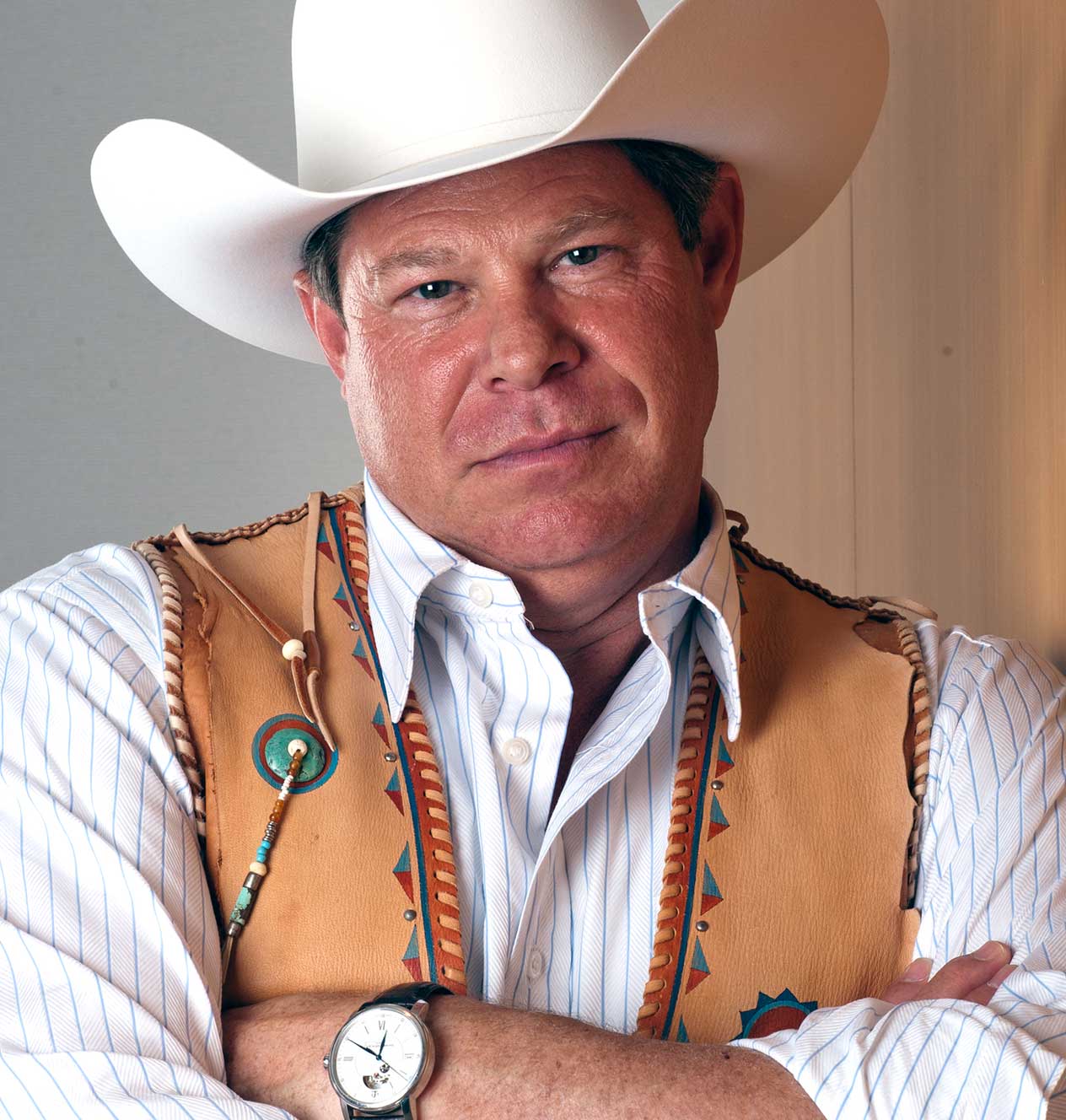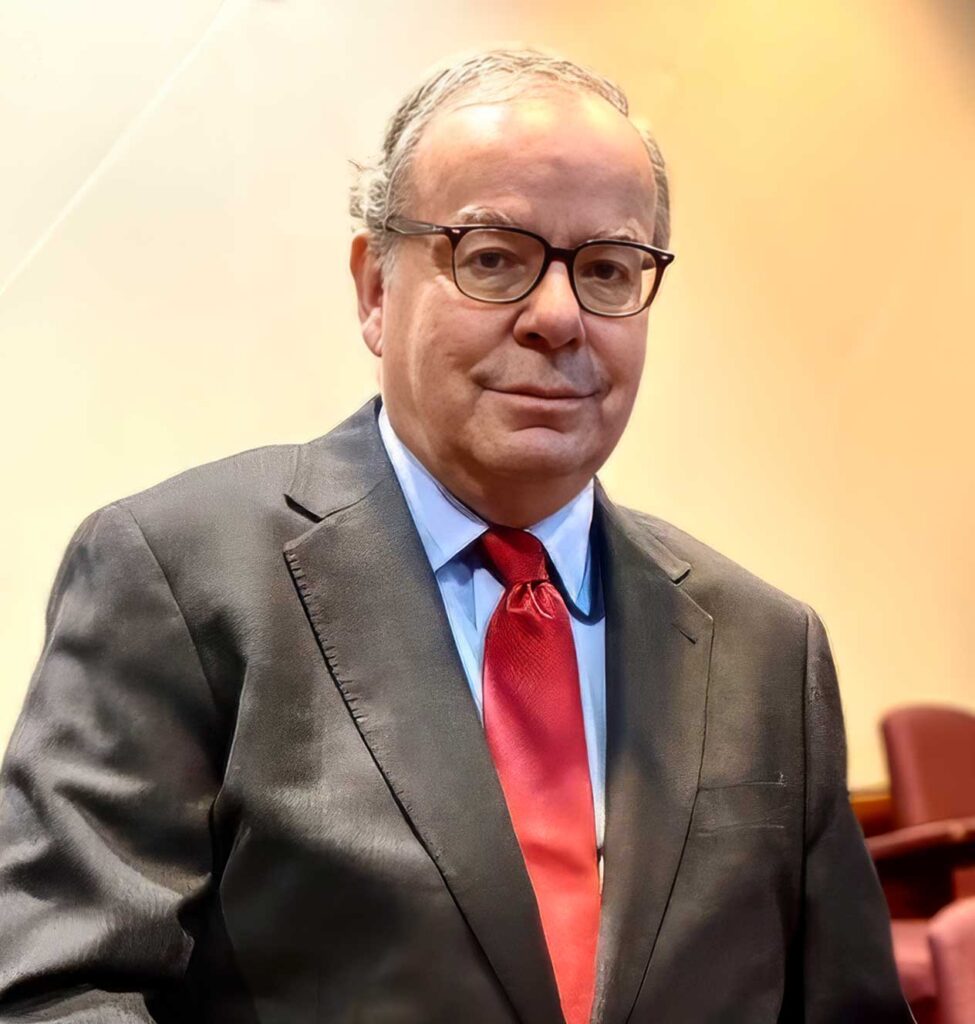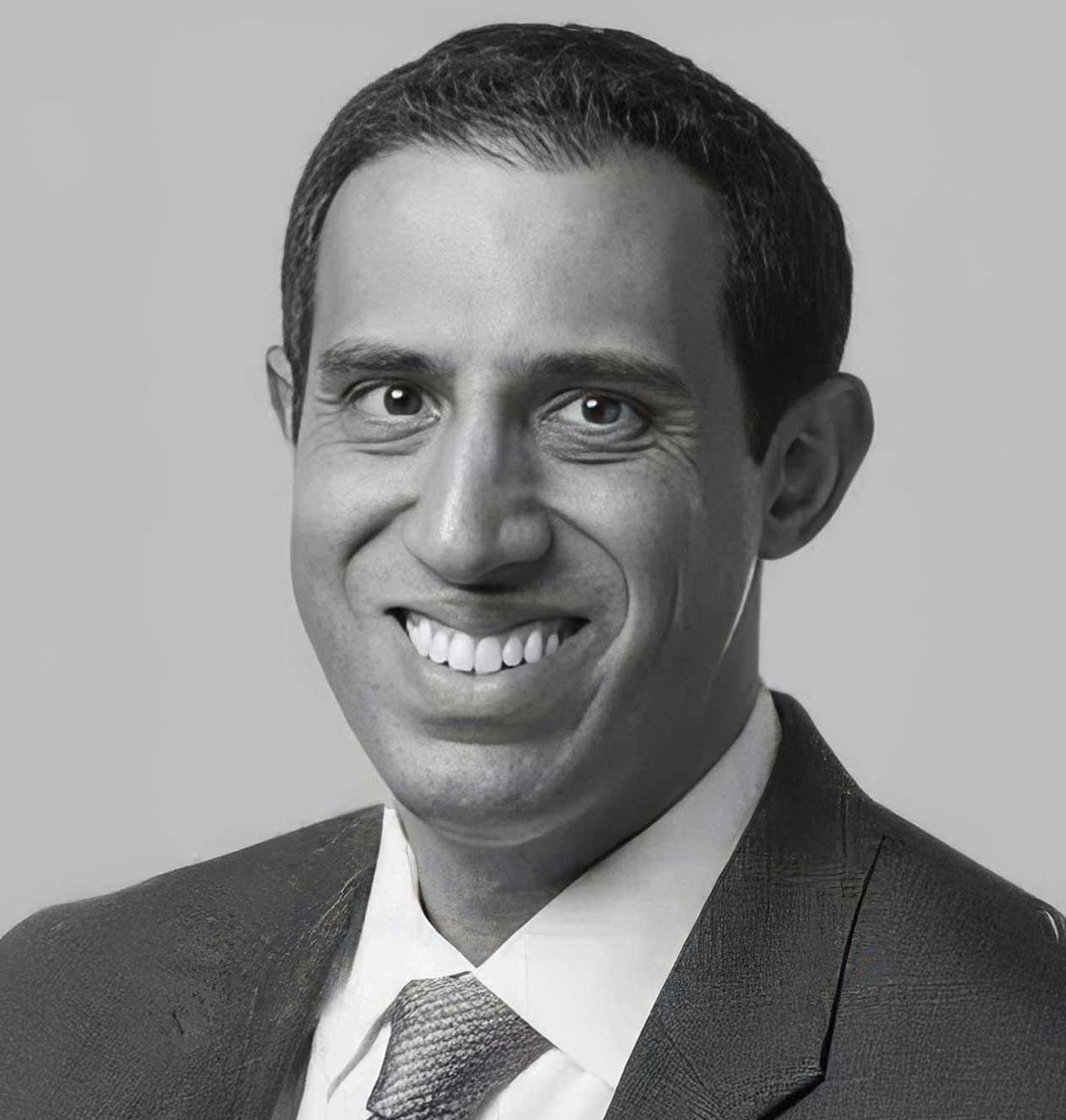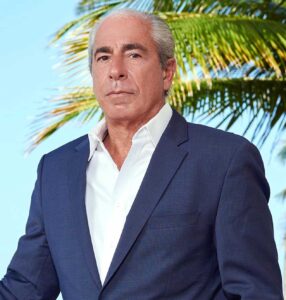Share Your Story with Trial Lawyer’s Journal
Trial Lawyer’s Journal is built on the voices of trial lawyers like you. Share your journey, insights, and experiences through articles, interviews, and our podcast, Celebrating Justice.
Stay Updated
Sign up for our newsletter to get the latest from TLJ.
Daniel Horowitz’s “Closing Argument”
When I wanted to be a lawyer, my mom said, look, you know your cousin Marty Garbus. You know, Marty is probably the most famous First Amendment lawyer in the country. He’s represented President Reagan, the Nazis who wanted to march in Skokie, Lenny Bruce, the comedian. He’s had four civil rights cases in the Supreme Court that got people voting rights. I want you to talk to him about your goals because I support you in your goal to be a lawyer to help the working people and make things right. But I want you to talk to Marty. So we all went to lunch. My mom had actually raised Marty after his mom died. They were very close. And Marty said, look, to be a lawyer who’s successful and does good in the world, just remember that you have to have money behind you. You have to have financial strength.
And he said, let me give you an example. And he went through all the famous lawyers of the sixties. You remember William Kunstler, Dan, you know him? I go, yeah, I know William Kunstler. He’s famous. Well, did you know that his girlfriend inherited millions of dollars and she supports him? No, I didn’t know that. I just thought he got his money from his cases. All right, now you know. And he went through the list of all of these sixties radical icons and told me their source of money. He said, how are you going to do a case if you can’t pay for an investigator, if you can’t pay for paralegals? They’re not going to work for free. So he said, you’ve got to balance making money with doing good. And he said, then you will have achieved your true goals, but don’t be embarrassed to ask to be paid from people who can afford it. So if you look at a personal injury practice, for example, does that support your civil rights work?
The case that I’m doing that I talked about earlier, I talked about this child who was killed by John Muir Hospital and how we are fighting to improve John Muir Hospital. If I didn’t have financial strength, could I have laid out the money to handle that case? So never be embarrassed to make money, and never be embarrassed to have heart, because they go together and they don’t contradict. So remember what my mom did with her career, helping people, what my dad did helping people, not just with that young man, but his whole career was helping the working people save money and buy houses. And remember young lawyers that use something like CloudLex, use the tools, go to bar meetings, ask people for help, and contribute to your community, but always take care of yourself and your family. They go together and they bind together, they’ll make you strong, and they’ll make it a better world too.
Click here to view Daniel’s Profile.
Featured Articles
-
Glossary
What is a Demurrer Judgment?
What is a Demurrer Judgment? A Demurrer Judgment is a court ruling issued after a defendant files a demurrer, arguing that the plaintiff’s complaint.
-
Glossary
What is the TPPRA?
What is the TPPRA? The TPPRA, or Third Party Payor Recovery Act, is a legal statute—most notably used in states like Texas—that gives third-party.
-
Glossary
What are Jury Instructions?
What are Jury Instructions? Jury instructions are the formal legal directions given by a judge to the jury before deliberation in a trial. These.
Explore our Contributors
Discover Next
Insights from Experts
Learn from industry experts about key cases, the business of law, and more insights that shape the future of trial law.








